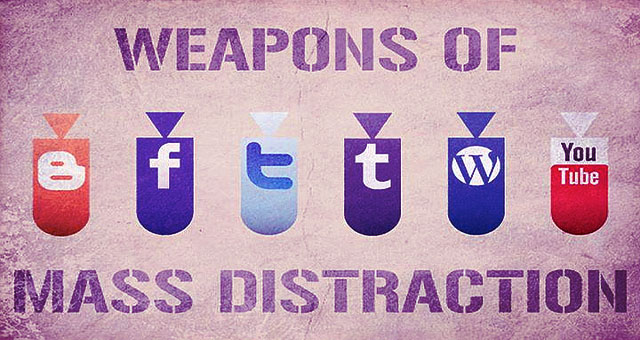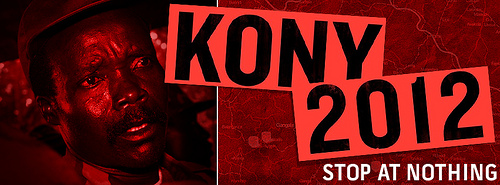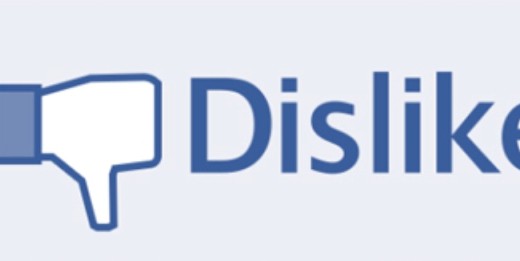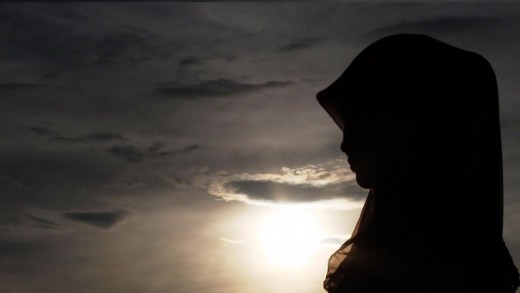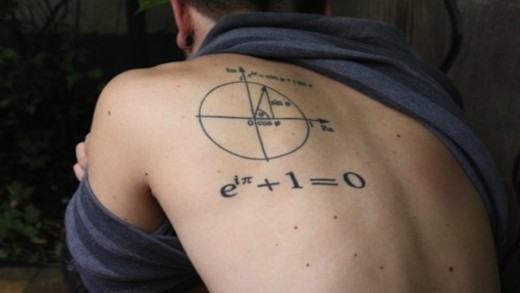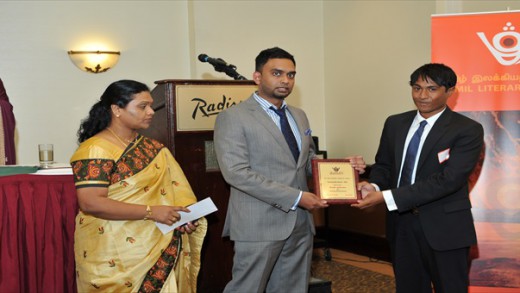Uncle Ben said it best: “With great power comes great responsibility”, yeah I know it’s the worlds biggest cliché, but no matter how corny and how loud it makes you groan it’s still as true as it is now. Without social media, we wouldn’t be able to communicate with the world around us and share our thoughts, ideas and latest news. Social media is a good thing. But only in the hands of those who know how to use it.
I grew up in the early ages of the Internet; you know back when Google wasn’t really a thing, when we still had to go to libraries and when there were only 150 Pokemon. With any fancy new piece of technology were always taught to never trust it or risk demonic possession or whatever else they said to scare kids. And that’s how I felt, and still feel, about the Internet. I still question everything I read and I try to research as much as I can before I build any sort of opinion. There are a lot of places (that are not called Wikipedia), to get good, reliable information. One of those places is not social media. Yes, I agree that there are some great people to follow who will post important information, but some of the stuff out there is crap. It’s easy to believe what we read on our social media channels without thinking twice about it. Sometimes we’ll read a tweet, watch a video or like a status without really knowing or trying to find out the full story.
The biggest and most obvious culprit was the Kony 2012 campaign by Invisible Children. It was a combination of one the best marketing campaigns and proof of our generations’ inability to do more research on what we stumble upon online, or a nice a version of saying that most people are way to gullible. Kony is a terrible person, there’s no doubt about it. But the Kony film fails to inform its audience of important information. For instance, the video does not clearly inform viewers that Kony has not been in Uganda since 2006. It misled audiences into believing that the situation was worse than it actually was. It portrayed the country as one that was worn torn. All this information was a Google search away, but it didn’t stop the ‘slacktivists’ from coming out in full force. People sold bracelets, plastered posters on light poles and even tried to organize protests to catch a man who hasn’t been active in six whole years.
I’m not saying what Invisible Children was doing was bad. They had good intentions but they withheld several important facts about the whole situation in Uganda, thus making it seem a lot worse than it actually was. In fact, Ugandans that saw the film were outraged. In one particular screening, the audience even began to throw objects at the projector. As more and more accurate information began to trickle out, the ‘hype’ surrounding the Kony campaign began to slow down. Former supporters quickly started to forget about something that they had so passionately advocated for a few weeks ago. I can assume all the shirts and posters went to same place that the Spurs 2013 NBA Championship hats went.
Just imagine how different the whole Kony 2012 situation would have played out if someone just searched the story before hand. The whole situation is our modern society proving that we don’t think anymore. That the idea of not trusting everything you read is dead.
We live in an age where we are lucky to have a wealth of information at our fingertips. We don’t need to go to make the trek to libraries and dig through a sea of information like we did in the past. Yes, we may have the Internet anywhere and everywhere we go, but we still believe everything that shows up on any of our social media networks. Social media prevents us from thinking. We have stopped questioning things. We accept everything as the absolute truth. That’s not the attitude that has gotten human kind to the point it is at now. Our entire society is built on the fact that we needed to know more, that we question everything, that we learn everything we can about the world we live in. So why stop now?

 Yon Yonson
Yon Yonson